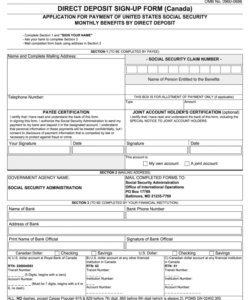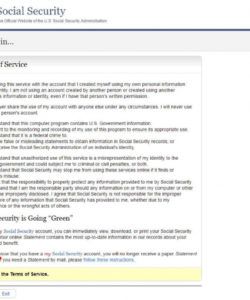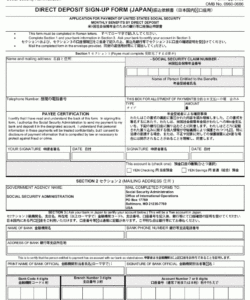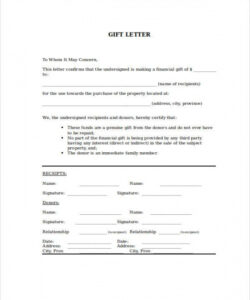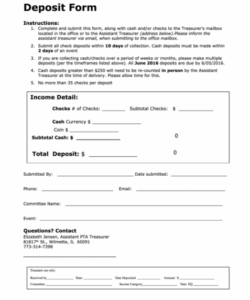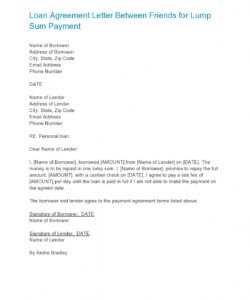Social security administration direct deposit change form, Lanlord or tenant Law is not one of my general areas of practice, but like every attorney, I have friends who frequently ask my advice about legal problems with which they are faced. Recently, a friend asked for my help in corresponding with her former landlord seeing charges taken out of her rental safety deposit she felt were unwarranted.
It’s common to find people disinterested in lieu of Deposits or CDs. Most people don’t understand that there’re several investment choices which fall between the assortment of savings account and stock industry. Such options often offer guaranteed returns on investment and also don’t require a large capital . Certificates of Deposits are among those investments. Certificates of deposit are savings deposit balances of special type in which a promissory note is issued by the bank. Technically they’re not investment accounts, but still they provide interest rates higher than the normal savings accounts. It is going to be better to call these notes”timed deposits” that have the restriction of not withdrawing the money before maturity. Interest earned is returned into the certificate holder on maturity of CD. Interest may be compounded daily, monthly or annually depending on the type of CD that you pick.
A landlord has 28 days to enroll a deposit with either a custodial or insurance type strategy. Info regarding the registration of this deposit must be supplied to the tenant. Under the Housing Act there is a prescribed format for information to be supplied. The landlord can be taken to court by the tenant where the information hasn’t been provided in the right format. Tenants have the right to go back six years before taking action against the landlord.
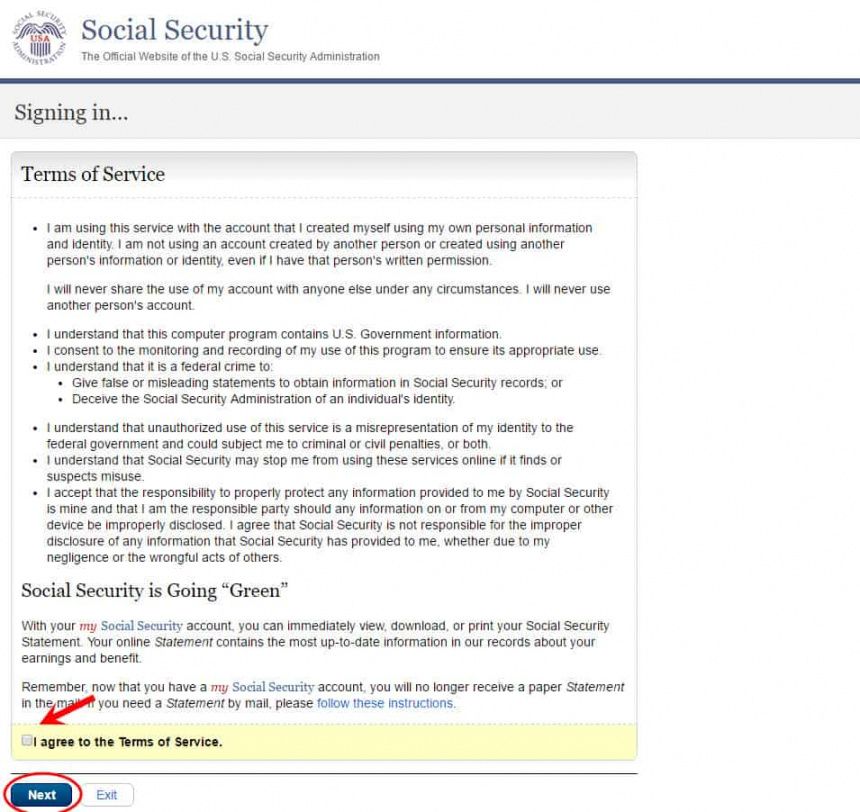
Each time a tenancy is renewed that the insurance on the deposit must also be revived for example if the landlord has a six monthly Assured Shorthold Tenancy and writes a new tenancy agreement in the end of the six months afterward the deposit must also be renewed. To save on expenses many landlords issue a tenancy for a fixed term period with a clause saying that the lien becomes a monthly contractual lien in the conclusion of their fixed term. By having one tenancy for the duration of the time a tenant is at the house the landlord need only pay one fee to defend the deposit.


